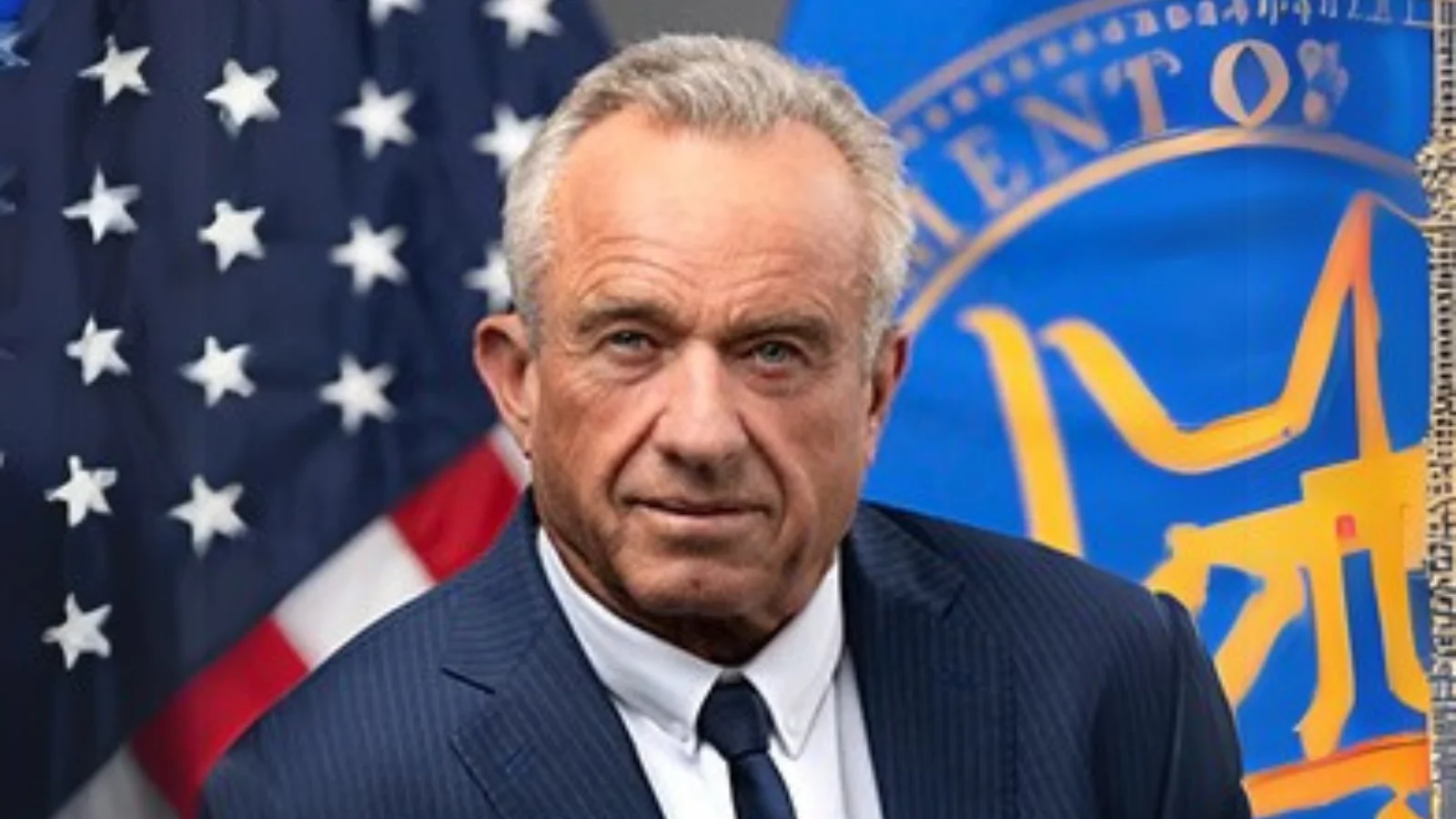U.S. Health and Human Services Secretary Robert F. Kennedy delivered a video address to the 6th Conference of the Parties to the Minamata Convention on Mercury, calling for a global effort to remove mercury from vaccines.
Kennedy addressed delegates by video, citing travel limitations due to a government shutdown. He highlighted the origins of the Minamata Convention as an agreement designed to prevent human suffering caused by mercury exposure. “The Minamata Convention was born from a shared moral conviction: that no human being should suffer from exposure to mercury. You came together to protect future generations from this potent neurotoxin, and I’m looking forward to continued progress,” Kennedy stated.
He referenced Article 4 of the Convention, which obliges parties to reduce mercury use by phasing out certain products containing the element. Kennedy criticized a decision made during treaty negotiations in 2010 that exempted thimerosal-containing vaccines from these regulations. He questioned this exception: “But in 2010, as the treaty took shape, negotiators made a major exception: thimerosal-containing vaccines were carved out of the regulation. The same treaty that began to phase out mercury in lamps and cosmetics, chose to leave it in products injected into babies, pregnant women, and the most vulnerable among us. We have to ask: why? Why do we hold a double standard for mercury? Why do we call it dangerous in batteries, in over-the-counter medications, and makeup – but acceptable in vaccines and dental fillings?”
Kennedy described thimerosal as a preservative based on mercury that has not been properly tested for safety in humans. He said scientific studies identify thimerosal as toxic and warned about its health effects: “Thimerosal is a mercury-based preservative that has never undergone proper safety testing in humans. Hundreds of peer reviewed studies identify it as a potent neurotoxin, a mutagen, a carcinogen and an endocrine disrupter. Thimerosal’s own label requires it to be treated as hazardous material and warns against ingestion. There is not a single study that proves it safe.”
He noted recent policy changes within the United States regarding vaccine preservatives: “That’s why, in July of this year, the United States closed the final chapter on the use of thimerosal as a vaccine preservative – something that should have happened years ago.” Kennedy called for other countries to follow suit now that alternatives are available: “I want to be clear: it’s inexcusable that governments around the world still allow mercury-based compounds in healthcare when safe alternatives exist. Now that America has removed mercury from all vaccines, I call on every global health authority and every Party to this Convention to do the same. Manufacturers have confirmed that they can produce mercury-free single-dose vaccines without interrupting supply. There is no excuse for inaction, or holding stubbornly to the status quo.”
Kennedy concluded his address by urging international cooperation: “Let’s honor and protect humanity and our children and creation from mercury. And let’s act in the true spirit of the Minamata Convention – for the integrity of this historic treaty, and to ensure that no child anywhere in the world is ever exposed to this deadly neurotoxin again.”

